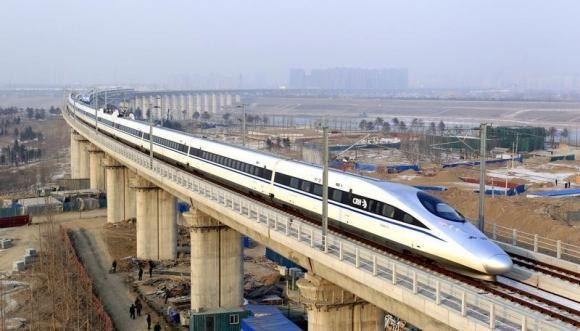In a report released by the Credit Suisse global financial firm this week, the impact of a decline in worldwide oil prices was cited as a key concern, and now Mexico has cancelled a $3.7-billion high-speed-rail project amid a downturn in its oil-centric economy.
Although the China Railway Construction Corp. (CRCC) was rejected from the project last year after it was initially awarded the tender, it was planning to bid again in the newly announced round that was scheduled for January.
The cancellation announcement was made on Friday during a statement from Minister of Finance Luis Videgaray, who identified a slump in global oil prices as the primary reason for the Mexican government's decision.
Due to challenging environmental conditions, the Mexican national budget will be cut by a total of $8.3 billion this year. As of Tuesday, Mexican embassy representatives in Beijing had not responded to the media's requests for statements.
The original bid from the CRCC was submitted as part of a consortium that also consisted of Mexican entities. After winning the tender in November of last year, Mexican authorities retracted the decision within a matter of days because it alleged that some of the consortium's Mexican partners were unfairly connected with Beijing and Communist Party of China officials. The Mexican government subsequently refuted claims that it was biased toward businessmen associated with Mexican politics.
The CRCC allayed concerns from investors through a statement released to the Shanghai stock exchange this week. After it threatened legal action against Mexico's government in November, the corporation said in Tuesday's statement that it continues to engage in negotiations with Mexican parties regarding its bid for the 130-mile rail line.



























